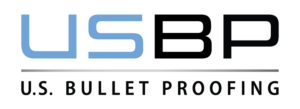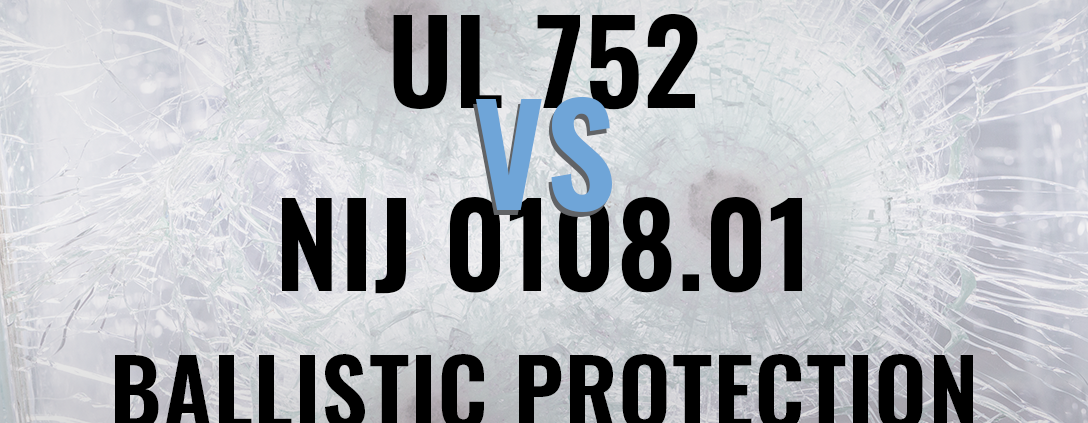Comparing Bullet Proof Level Standards
When it comes to protecting people and property, bullet-resistant building materials are one of the most important elements of any strategy for property owners. These provide security and safety by absorbing the impact from bullets as well as blunt force and even explosions in many cases. This is why bullet-resistant windows, doors and wall panels are installed on high-risk properties such as banks, embassies, schools, government offices and police stations.
However, although all ballistic protection products are designed to keep those inside the building safe from a wide range of threats, the level of security they provide can vary. Understanding the differences in the various standards used for evaluating bullet-resistant materials as well as the maximum threat level a property may face is crucial for ensuring it has the appropriate level of protection.
Two of the most important standards used to test and classify bullet-resistant products come from Underwriters Laboratory (UL) and the National Institute of Justice (NIJ). When shopping for bullet-resistant windows or doors, it’s important to know what these standards mean.
UL 752 Standard for Bullet Resisting Equipment
UL 752 is one of the most commonly used ballistic standards, representing the result of extensive testing and research. Many types of bullet-resistant glass are advertised as having a UL 752 rating, which indicates the level of protection it provides:
- Level 1 — This level indicates the glass is capable of stopping at least three 9 mm handgun rounds. This makes it a good fit for securing gas stations, banks and retail stores.
- Level 2 — At this level, the ballistic product can stop at least three shots from a .357 Magnum pistol. This also is a good choice for retail stores and other commercial properties.
- Level 3 — At Level 3, ballistic glass can absorb the force of at least three .44 Magnum rounds. This is the level commonly found in police stations and municipal offices.
- Level 4 — This is where the threat level escalates, with Level 4 protection capable of stopping a single shot from a .30 caliber rifle. This is typically the minimum level used on military and government facilities.
- Level 5 — The maximum threat this level can stop is a single round from a 7.62 mm rifle. This military-grade protection is commonly used in properties with elevated risk levels, such as embassies.
- Level 6 – At Level 6, ballistic glass must stop at least five rounds from a 9 mm submachine gun. Many military installations use protection rated at this level.
- Level 7 — With Level 7 protection, ballistic products offer security against threats up to gunfire from a 5.56 mm rifle.
- Level 8 — At the highest level of protection certified by Underwriters Laboratory, properties are secured against ballistics up to and including five shots from a 7.62 mm rifle.
NIJ Standard 0801.01 Armor Protection Classifications
Used for classifying body armor as well as ballistic protection equipment, NIJ Standard 0801.01 is broken down into the following classifications:
- I — NIJ Level I protection safeguards building occupants from at least five shots from a .38 handgun.
- II-A — With NIJ Level II-A, a property has protection against threats up to and including 9 mm and .357 Magnum pistol fire.
- II — NIJ Level II offers similar protection to Level II-A, with added security against higher-velocity rounds.
- III-A — At Level III-A, ballistic glass and armor is rated to stop at least five shots from a .44 Magnum or lead semi-wadcutter 9 mm full metal jacket rounds.
- III — NIJ Level III protection is capable of stopping at least five rounds from a 7.62 mm rifle.
- IV — Level IV NIJ protection is rated for stopping at most a single 30-06 armor piercing rifle shot.
Trust U.S. Bullet Proofing for Maximum Protection
U.S. Bullet Proofing has earned a strong reputation in the marketplace for delivering the most effective ballistic protection for buildings. Our bullet-resistant windows, doors and wall panels are engineered and designed to provide dependable performance under multiple forms of threats, keeping the people inside properties secure and giving them precious time to get to safety. If you’d like to learn more about our expertise and full range of ballistic products, reach out and speak with a member of our team today.


